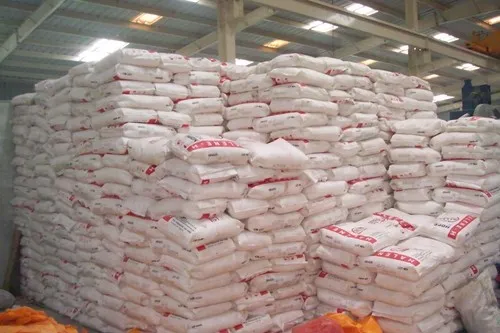Millions of rural households in Nigeria depend on subsistence farming for their livelihoods. However, the high cost of artificial fertilizers poses a significant barrier to productivity for these farmers.
Amidst economic challenges, interest in using homemade fertilizers for small-scale farming has grown.
Subsistence farmers can utilize everyday materials to nourish their soils and crops. Healthy soil is the key to healthy crops. Plants require essential nutrients like phosphorus, nitrogen, potassium, sulfur, calcium, and magnesium from the soil to thrive. Homemade fertilizers offer numerous benefits, including reduced expenses, promoting environmental sustainability, healthier produce, reduced chemical use, cost savings, chemical-free produce, waste reduction.
The ingredients for these homemade fertilizers are often readily available in rural areas, animal manure, kitchen scraps, crop residues, and even wood ash. Composting, a traditional method of turning organic waste into nutrient-rich fertilizer, is gaining renewed interest among farmers. By decomposing plant and animal matter over time, farmers can create a mixture rich in essential nutrients like nitrogen, phosphorus, and potassium.
One of the key advantages of homemade fertilizers is their ability to improve soil health over time. Unlike synthetic fertilizers, which can deplete soil nutrients and degrade soil structure if overused, organic fertilizers enhance soil fertility naturally.
They increase the soil’s organic matter content, improving its water retention capacity and encouraging beneficial microorganisms that aid in nutrient absorption.
Fortunately, homemade fertilizers are cost-effective and easy to make. Some examples include, Epsom Salt (Magnesium Sulfate) which enhances seed
germination, promotes bushy plant growth, increases flower production, boosts chlorophyll, and deters pests. Mix with ash wood and water for a viable fertilizer.
Grounded corn and dried moringa leaves is suitable for chicken feed, providing immune modulation, reduced cholesterol levels in eggs, and improved yolk colour. Grinded eggshells help nourishes soil, promoting healthy root growth. Decayed food and leaves mixed with water for a nutrient-rich fertilizer.
Soaked plantain peel soak in water for three days, then spread on soil to decay. Provides pest-repellent properties and rich nitrogen. Aspirin and water is effective for pepper and tomato farms. By embracing homemade fertilizers and nurturing the soil, Nigeria’s subsistence farmers can cultivate a brighter future, balancing economic viability with environmental sustainability.
According to agricultural experts, soils treated with homemade organic fertilizers can become more resilient to erosion and drought—two of the biggest challenges subsistence farmers face in a changing climate. In regions where water is scarce, improving soil’s ability to retain moisture can mean the difference between a failed crop and a successful harvest.
As more farmers discover the benefits of going organic, homemade fertilizers could transform not just fields, but entire farming communities, providing a lifeline in a world where both food security and environmental sustainability are more critical than ever.





